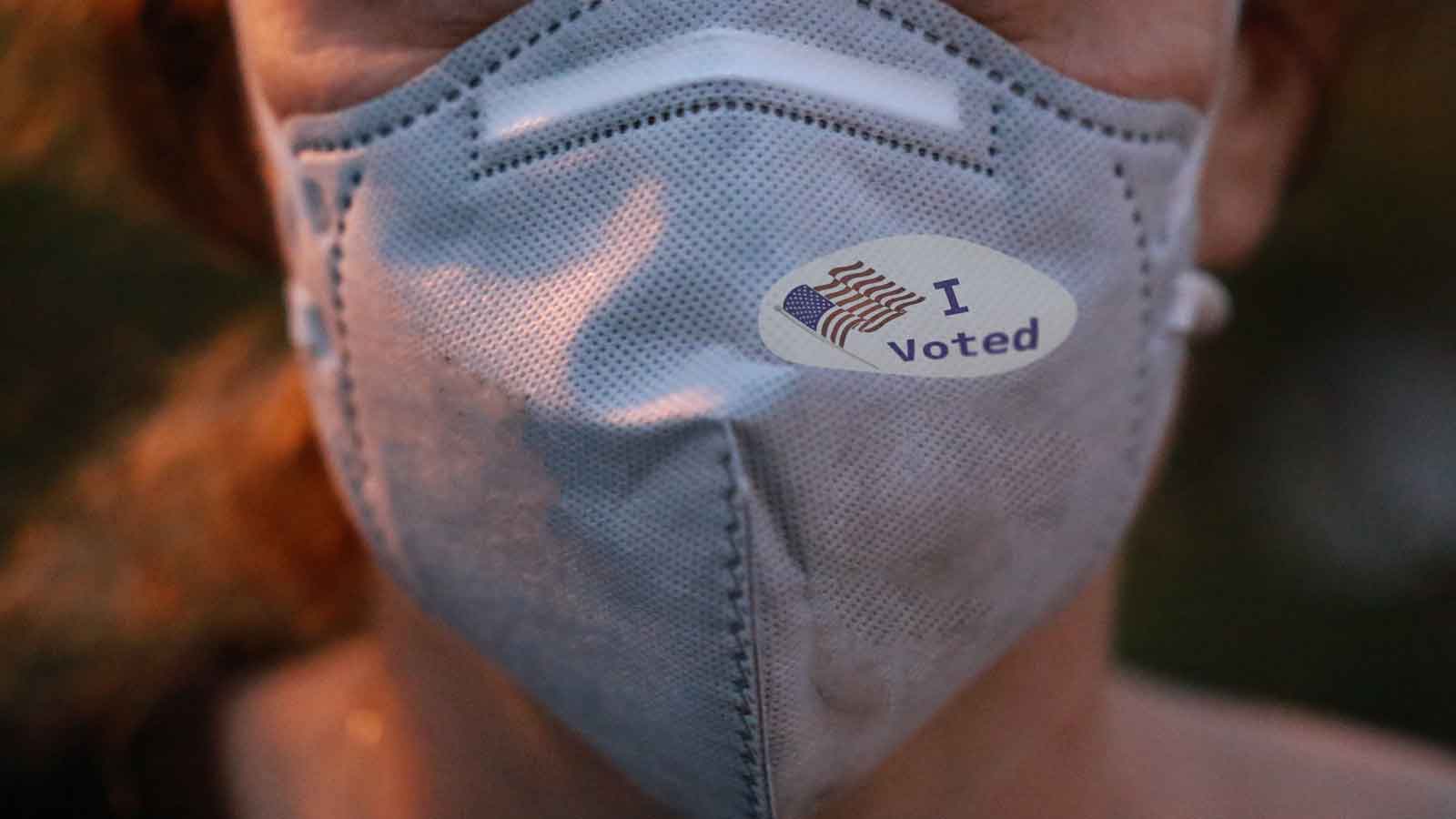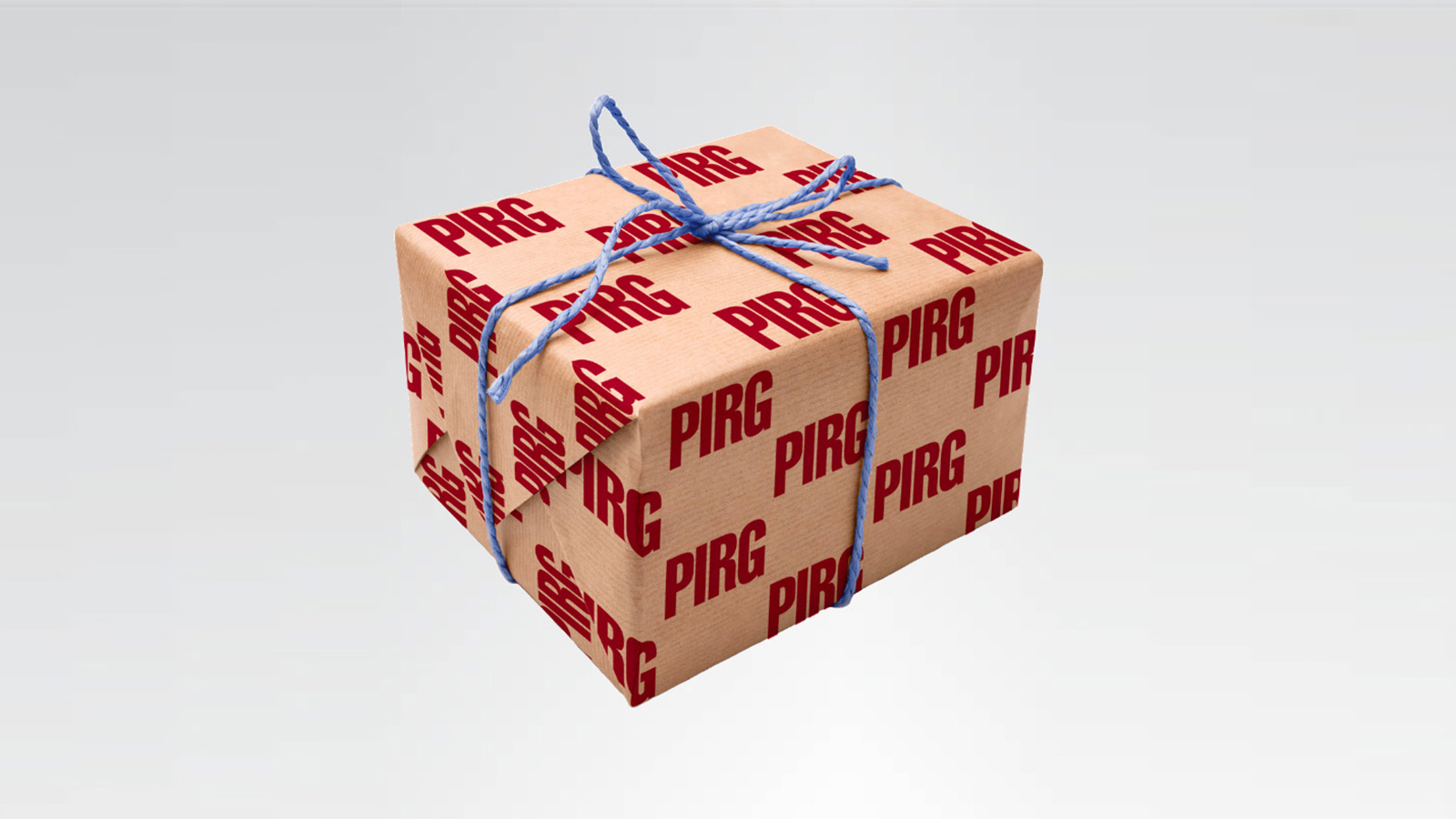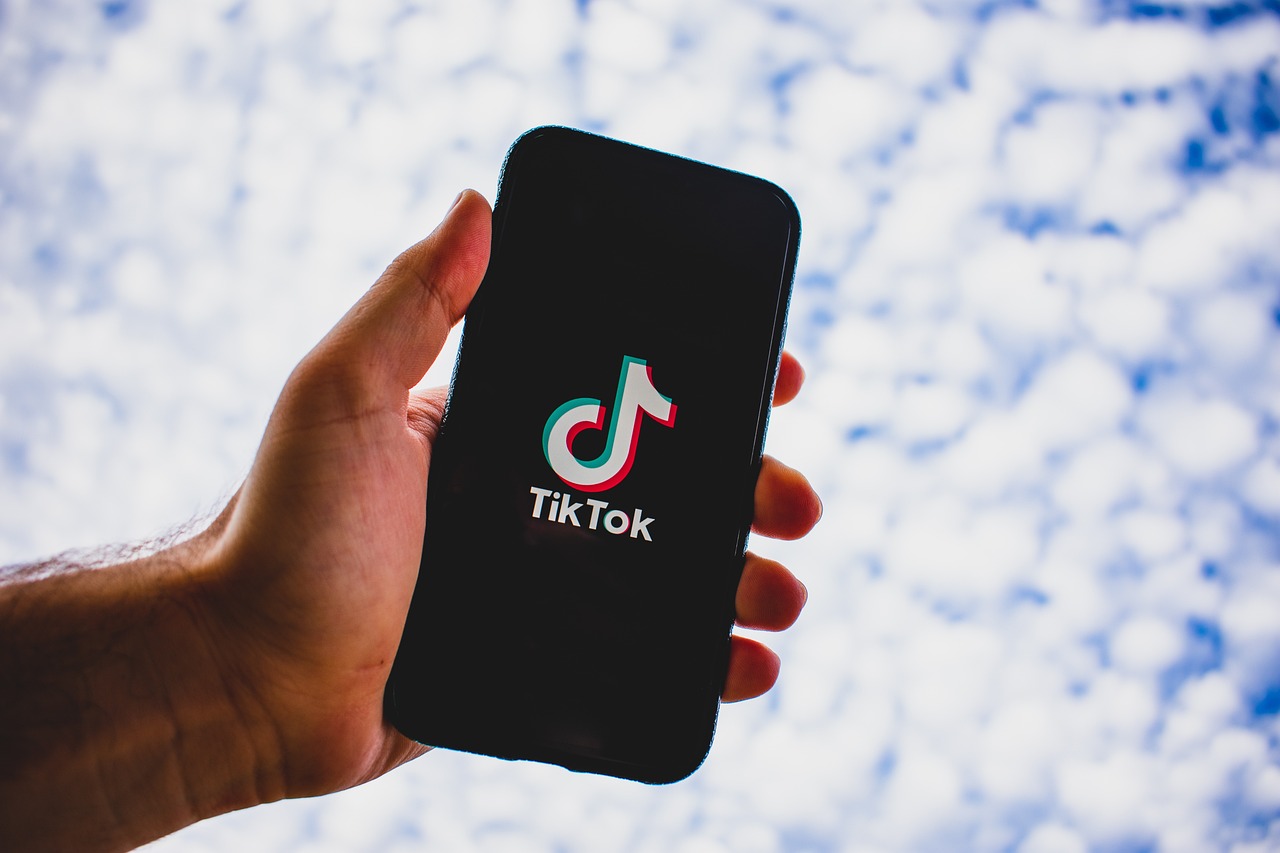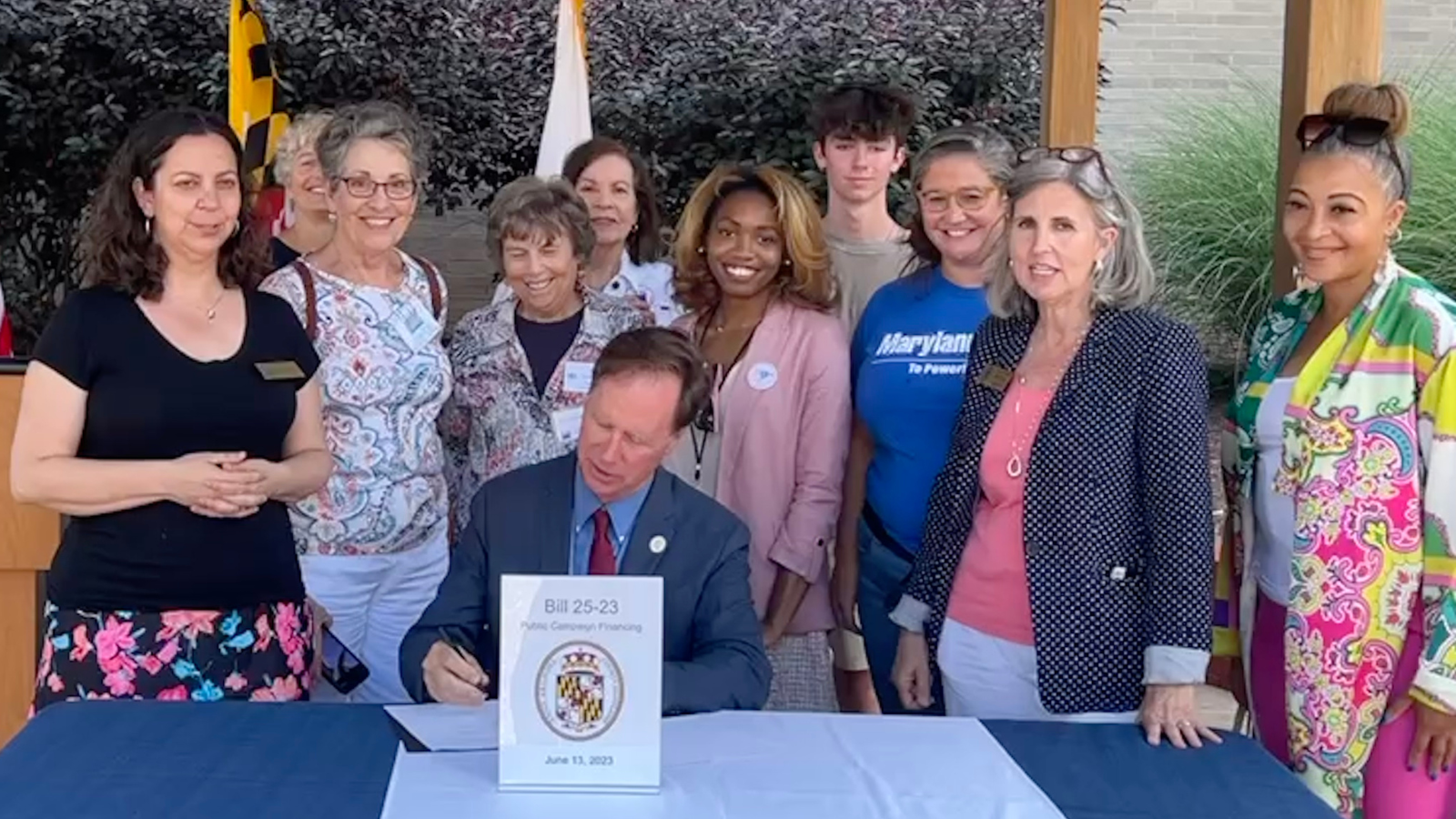This week in COVID-19 voting news
U.S. PIRG and its state affiliates are working to ensure that every eligible American voter has the ability to participate in democracy, even during a pandemic. We’re calling on states to start preparing now to ensure safe elections in November, including emergency expansion of vote by mail, sanitized and socially-distant polling places and other measures. This weekly update highlights the work we’re doing on the COVID-19 voting front, and other important developments in the news.

National
On Thursday, President Trump suggested delaying November’s elections on Twitter. As many have pointed out, only Congress can move an election. In the same Tweet, he also said that the results would be fraudulent due to increased voting by mail, a false claim he has repeatedly made. There is no evidence that vote-by-mail systems lead to widespread fraud, and voting by mail is the safest way to cast a ballot in a pandemic. Lastly, he said we “must” know the results of the election on election night. With widespread mail-in voting, that will almost certainly not happen unless the election is a landslide, and we should be prepared to wait a little longer for results in order to protect public health.
The president’s Tweet comes at a time when new polling shows that 65 percent of Americans believe that any voter should be able to vote early or absentee without an excuse. And nearly 80 percent believe that COVID-19 should be a legitimate excuse to vote absentee.
Despite the fact that we’ve seen bipartisan calls for additional funding to ensure people can vote safely this fall, Senate Republicans introduced a COVID-19 relief bill earlier this week that included zero dollars for election protection. These funds are needed to help state and local governments address some of the new challenges COVID-19 has created. This includes not only the influx of mail-in ballots but also the need to introduce public safety measures that a new CDC report suggests will help reduce the transmission of COVID19.
Efforts are underway to inform voters of the many changes to the electoral process and how to exercise their franchise during a pandemic. It will take an all-hands-on-deck effort to ensure people are not disenfranchised by a lack of information about the voting process in their locality.
Connecticut
Both houses of the state legislature overwhelmingly approved an expansion of absentee voting before November’s elections. The bill allows all eligible Connecticut voters to vote absentee, and creates drop boxes for absentee voters to submit their ballots.
Florida
The Miami Heat are pushing for the city of Miami to utilize their arena as a polling place. As part of the NBA’s voting outreach for the upcoming elections, several other teams have been granted permission to use their arenas as polling places.
Michigan
Michigan Secretary of State Jocelyn Benson recommended that voters submit their ballots either via dropbox or directly to their clerk for the primary elections on August 4. She cautioned that problems or delays with the U.S. Postal Service could mean that ballots aren’t received in time, so voters should prepare accordingly.
New Jersey
New Jersey faced several issues during its July primary election that was conducted by mail, including significant mail delays and misprinted ballots. However, one of the largest hurdles for local officials was the lack of voter information about the new system. Local officials are concerned that these problems will persist up to the November election.
New York
New York’s state legislature passed a law allowing voters to address challenges to their ballot, a move to prevent widespread invalidation of ballots submitted by mail. In New York, seemingly small problems, such as using tape to seal your envelope instead of licking it, can invalidate a ballot.
Pennsylvania
Philadelphia officials are concerned about various factors that could lead to voter disenfranchisement, including a lack of infrastructure to deal with increased absentee ballots as well as chaos at drop-off boxes and polling stations. The city commissioners chair indicated that the biggest challenge is a lack of funding to deal with these issues.
Texas
Texas Gov. Greg Abbott extended the state’s early voting period by a week in order to spread out traffic at polling stations. Our state affiliate TexPIRG released a statement about the decision, applauding the move while calling for more measures, such as allowing people to mail-in ballots, to keep people safe while ensuring they have the right to vote.
Virginia
Rates of voter registration have significantly decreased in Virginia as a result of COVID-19. Voter registration decreased by 40 percent in June 2020 compared to June 2016, as the pandemic closed voter registration sites and prevented in-person voter registration efforts, such as door-to-door canvassing.
###-###-###
U.S. PIRG, the federation of state Public Interest Research Groups, is a consumer group that stands up to powerful interests whenever they threaten our health and safety, our financial security, or our right to fully participate in our democratic society.
U.S. PIRG affiliates: Arizona PIRG, CALPIRG, CoPIRG, ConnPIRG, Florida PIRG, Georgia PIRG, Iowa PIRG, Illinois PIRG, MASSPIRG, Maryland PIRG, PIRGIM, MoPIRG, MontPIRG, NCPIRG, NHPIRG, NJPIRG, NMPIRG, Ohio PIRG, OSPIRG, PennPIRG, RIPIRG, TexPIRG, WashPIRG, WISPIRG.
U.S. PIRG is part of The Public Interest Network, which operates and supports organizations committed to a shared vision of a better world and a strategic approach to getting things done.
Topics
Authors
Joe Ready
Find Out More

TexPIRG fall update

How misinformation on social media has changed news

Small donor public financing victory in Anne Arundel County


